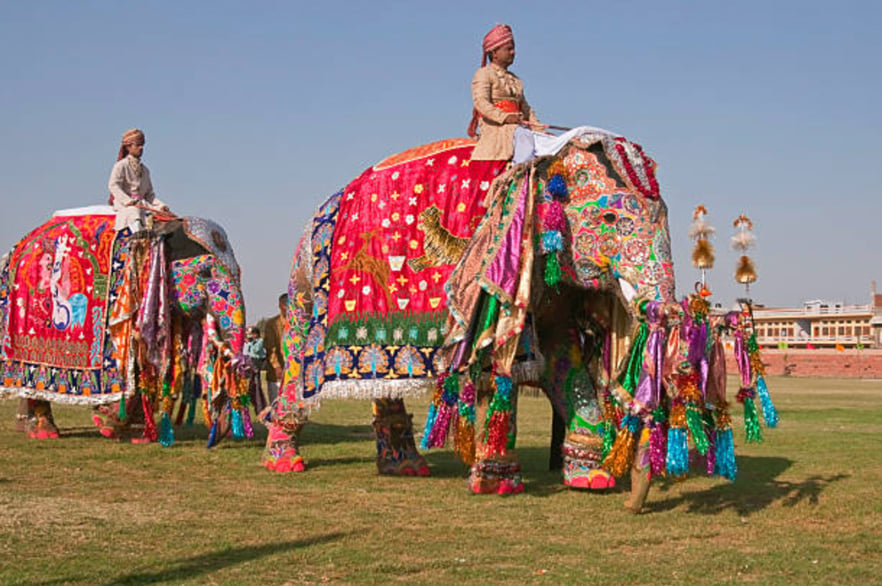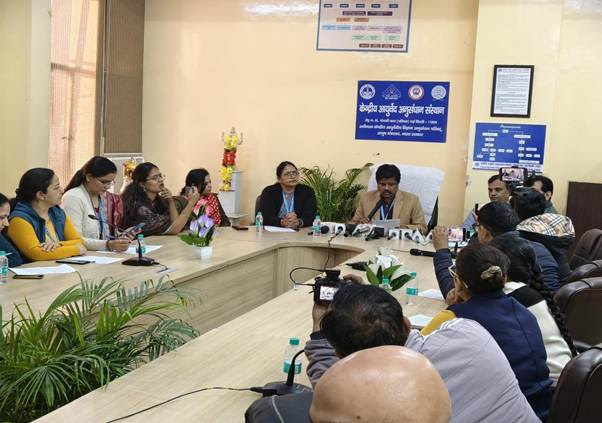Now Reading: Holi on Elephants in Jaipur—Tracing the Festival’s Origins
-
01
Holi on Elephants in Jaipur—Tracing the Festival’s Origins
Holi on Elephants in Jaipur—Tracing the Festival’s Origins

Jaipur is famous for many things—its pink-walled streets, grand forts, and vibrant festivals. Among them, one tradition stands out: Holi celebrated with elephants. For years, tourists and locals have gathered to see elephants painted in bright colors, adorned with jewelry, and even participating in parades and games. But where did this unique custom come from, and why is it tied so closely to Jaipur’s cultural calendar?
Royal Roots of the Tradition
The origins of celebrating Holi with elephants go back to the royal courts of Rajasthan. In earlier times, elephants symbolized power, wealth, and prestige. The kings of Jaipur often used them in ceremonies and public events. Holi, being a festival of joy and abundance, naturally included these majestic animals. Over time, the practice became part of the city’s cultural identity.
The Festive Display
Elephants were decorated with intricate patterns, colorful powders, and ornaments. They were paraded through streets as people played Holi with colors and music. Special games, such as elephant polo or tug-of-war, were also arranged for entertainment. The festival was less about religion and more about showcasing Rajasthani pride and grandeur.
Modern Adaptations
Today, the elephant Holi in Jaipur has changed significantly. Concerns over animal welfare have led to stricter rules. Many animal rights groups have raised awareness about the stress caused to elephants during such festivities. As a result, the state has moved away from using elephants directly and now promotes folk dances, camel parades, and cultural performances instead.
A Wider Indian Context
For people in Tier 2 cities across India, Jaipur’s elephant Holi is a reminder of how local traditions evolve with time. Just like kite festivals in Gujarat or camel fairs in Pushkar, this celebration blends heritage with modern debates about ethics and sustainability.
Balancing Tradition and Change
The origin of Holi on elephants lies in Jaipur’s royal past, but its future is being rewritten with greater awareness of animal rights. What remains constant, however, is the city’s spirit of celebration, which continues to draw visitors eager to experience Rajasthan’s colorful culture in new forms.

























